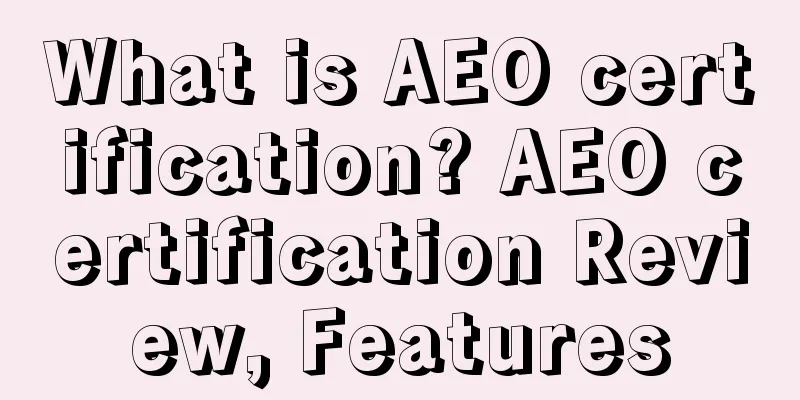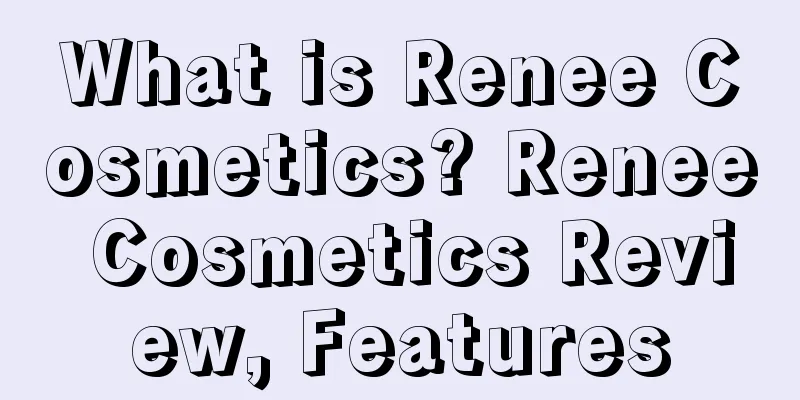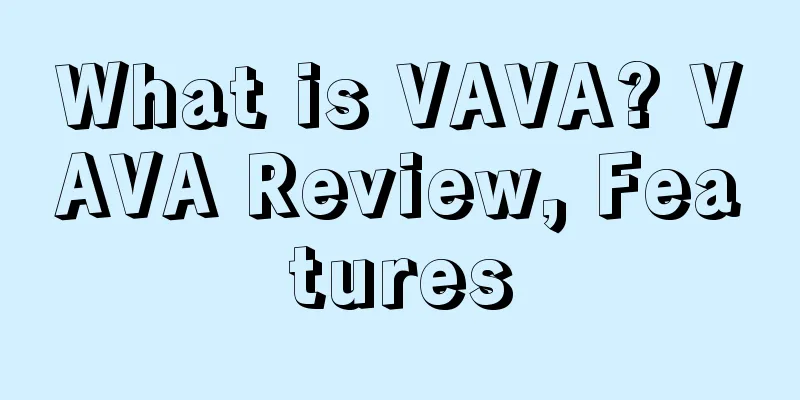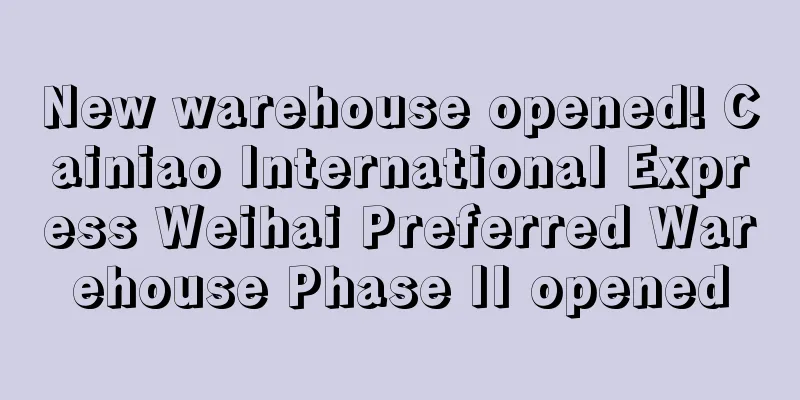What is AEO certification? AEO certification Review, Features

|
The AEO (Authorized Economic Operator) system is an institutional arrangement that aims to build a cooperative relationship between customs and enterprises, provide qualified enterprises with customs clearance convenience measures of their own country and the mutual recognition country, share the responsibility of law-abiding and safety, and ensure the security of the supply chain and trade convenience. In a sense, AEO enterprises are VIPs of customs. About AEO Certification AEO is defined in the "Framework of Standards for Secure and Facilitated Global Trade" formulated by the World Customs Organization (WCO) as "a party that participates in the international flow of goods in any way and is recognized by the customs authorities as complying with the World Customs Organization or corresponding supply chain security standards, including manufacturers, importers, exporters, customs brokers, carriers, tallymen, middlemen, ports and airports, cargo terminal operators, integrated operators, warehousing operators and distributors". The General Administration of Customs' Announcement No. 81 of 2014 stipulates that the original AA-class enterprises will transition to advanced certified enterprises, A-class enterprises will transition to general certified enterprises, and B-class enterprises will transition to general credit enterprises. It will take effect from December 1, 2014. Application Requirements When applying for AEO certification, the customs puts forward three requirements for applicants, which must be met at the same time: 1. There is no situation where -2 points will be deducted for a single item. 2. The total score of the certification standard is above 95 points. 3. There are more than 3 cases where the internal control and trade security items do not meet the basic standards (-1 point). Certification Level 1. Advanced Certified Enterprise An enterprise that has passed the customs AEO advanced certification. 2. General certification enterprises Enterprises that have passed the customs AEO general certification. 3. General credit enterprises If an enterprise has any of the following circumstances, the customs shall identify it as a general credit enterprise: (1) Enterprises registered for the first time; (2) The certified enterprise no longer meets the conditions specified in the Standards for Customs Certified Enterprises and has not encountered any of the circumstances listed for dishonest enterprises; (3) The enterprise has been subject to dishonest enterprise management for one year and no circumstances specified in the regulations for dishonest enterprises have occurred again. 4. Dishonest Enterprises If an enterprise has any of the following circumstances, the customs will identify it as a dishonest enterprise: (1) Those who have committed smuggling crimes or engaged in smuggling activities; (2) For non-customs declaration enterprises, if the number of violations exceeds one thousandth of the total number of customs declarations, entry-exit record lists and other related documents in the previous year and there are more than two violations of RMB 100,000, or the total amount of administrative penalties imposed by the customs exceeds RMB 1 million; Within one year, if the number of violations by a customs declaration company exceeds 0.05% of the total number of declaration forms and entry and exit record lists in the previous year, or the cumulative amount of administrative penalties imposed by the customs exceeds RMB 100,000; (3) Those who default on taxes payable or fines and confiscations payable; (4) The customs declaration error rate in the previous quarter exceeded 1 times the national average customs declaration error rate in the same period; (5) After on-site inspection, it is confirmed that the information registered by the enterprise is false and the enterprise cannot be contacted; (6) The customs has suspended its customs declaration business according to law; (7) Those suspected of smuggling, violating customs supervision regulations and refusing to cooperate with customs investigations; (8) Obtaining improper benefits by using the name of the customs or other enterprises; (9) Committing fraud or falsifying corporate credit information;
AEO preferential treatment 1. International level: AEO mutual recognition facilitation measures content: AEO mutual recognition refers to a system arrangement in which customs authorities that have established the AEO system give mutual recognition to their certified AEO enterprises and grant corresponding customs clearance convenience measures. Currently, only high-level certified enterprises in my country can enjoy customs clearance convenience measures in AEO mutual recognition countries or regions. Specific measures: The specific content of customs clearance facilitation measures is negotiated by the customs of both parties and clarified in the signed mutual recognition agreement/arrangement. Therefore, the customs clearance facilitation measures granted by different countries (regions) are slightly different. But in general, there are usually the following categories: 1. Goods will be given priority for customs clearance. 2. Lower inspection rate. 3. Liaison officer coordination mechanism. 4. Priority customs clearance after resumption of trade disruption. II. Domestic level: Joint incentives for trustworthiness content: In October 2016, 40 central departments jointly signed the "Memorandum of Cooperation on Implementing Joint Incentives for Trustworthiness for Customs Advanced Certified Enterprises", and advanced certified enterprises can enjoy 49 joint incentive measures. Specific measures: 1. Green channel and priority measures. 2. Reduce spot-check measures. 3. Measures to simplify procedures. 4. Important reference measures. III. Customs level: facilitation measures content: The basis for customs facilitation measures mainly comes from the "Regulations of the People's Republic of China on Enterprise Credit Management" (General Administration of Customs Order No. 237) and General Administration of Customs Announcement No. 178 of 2018. Specific measures: The customs facilitation measures enjoyed by general certified enterprises and advanced certified enterprises are as follows: General Certification Enterprise Management Measures 1. The average inspection rate of imported and exported goods is less than 50% of the average inspection rate of general credit enterprises. 2. Priority will be given to handling customs clearance procedures for import and export goods. 3. The guarantee amount collected by the customs may be lower than the total amount of taxes it may bear or the amount stipulated by the General Administration of Customs. 4. The average inspection and quarantine sampling ratio of imported and exported goods shall be less than 50% of the average sampling ratio of general credit enterprises (except where there are special requirements by laws, administrative regulations, rules or customs). 5. The average sampling rate of origin investigation of export goods shall be less than 50% of the average sampling rate of general credit enterprises. 6. Priority will be given to customs registration or filing and related business procedures. Except for the first registration or filing and special requirements, the customs may accept applications with missing documents or trust the company's voluntary declaration, exempting it from on-site verification or review. 7. Other management measures prescribed by the General Administration of Customs. Advanced Certified Enterprise Management Measures Advanced certified enterprises are also applicable to the management measures applicable to general certified enterprises. In addition, advanced certified enterprises are also applicable to the following management measures: 1. The average inspection rate of imported and exported goods is less than 20% of the average inspection rate of general credit enterprises. 2. You can apply to the customs for exemption of guarantee. 3. Reduce the frequency of audits and inspections on enterprises. 4. You can declare to the customs before the export goods arrive at the customs supervision area. 5. Customs will set up coordinators for enterprises. 6. Customs clearance facilitation measures in AEO mutual recognition countries or regions. 7. Joint incentive measures for trustworthiness implemented by relevant national departments. 8. Priority clearance will be given to international trade after it is resumed due to force majeure. 9. Other management measures prescribed by the General Administration of Customs. FAQ Q: Where can companies check the credit information of companies registered with the customs? A: Enterprises can query the credit information of enterprises registered with the customs through the "China Customs Enterprise Import and Export Credit Information Publicity Platform" according to public consensus. Q: What is a certified enterprise? A: The certified enterprise is an authorized economic operator (AEO) of China Customs. China Customs conducts AEO mutual recognition with customs of other countries or regions in accordance with the law, and grants corresponding customs clearance facilitation measures to mutually recognized AEO enterprises. Q: Should all companies apply for AEO certification? A: Not necessarily. Any certification has a certain scope or applicable conditions. Not all companies should apply for AEO certification. The key lies in the company's future development strategy or corporate goals. If the company's import and export business scope is wide, it should actively apply for AEO certification and continue to maintain its qualifications. Q: What are the corresponding management principles and measures for corporate credit ratings? A: 1. General certification enterprises: (1) 50% lower than the average inspection rate; (2) Simplify the review of import and export documents; (3) Priority in handling customs clearance procedures for import and export goods; (4) Other management principles and measures prescribed by the General Administration of Customs. 2. Advanced Certified Enterprises: According to the Provisional Measures of the Customs of the People's Republic of China on Enterprise Credit Management (Order No. 225 of the General Administration of Customs), in addition to the inspection rate of 20% of the national average, advanced certified enterprises are also subject to the following management measures: (1) To complete the inspection and release procedures before determining the commodity classification, customs valuation, origin of import and export goods or completing other customs procedures; (2) Customs appoints coordinators for enterprises; (3) The bank deposit account system will not be implemented for enterprises engaged in processing trade; (4) Customs clearance facilitation measures provided by the customs of AEO mutual recognition countries or regions. The management measures applicable to advanced certified enterprises are superior to those applicable to general certified enterprises. If the applicable management measures conflict due to inconsistent results of enterprise credit status assessment, the customs shall implement management in accordance with the principle of the lower one. If a certified enterprise is suspected of smuggling and is under investigation or investigation, the customs will suspend the application of corresponding management measures and manage it in accordance with the general credit enterprise. 3. Dishonest Enterprises According to the Provisional Measures of the Customs of the People's Republic of China on Enterprise Credit Management (Order No. 225 of the General Administration of Customs), dishonest enterprises are subject to the following management principles and measures of the customs: (1) A higher inspection rate for import and export goods; (2) Focus on reviewing import and export goods documents; (3) Implement key supervision on processing trade and other links; (4) Other management principles and measures prescribed by the General Administration of Customs. Q: Will there be any fees for customs to conduct AEO certification? A: There is no charge. The customs AEO certification application is free of charge. Q: Can a third-party organization issue AEO certification? A: No. Q: Do AEO certified companies enjoy tax exemptions or tariff reductions? A: No, if there is such treatment, I guess all import and export companies will go crazy to apply for it. The facilitation measures are mainly reflected in trade facilitation treatment, not in tariff differences or tax reductions, at least not at present. |
<<: What is FBS(Fulfillment By Store)? FBS(Fulfillment By Store) Review, Features
>>: What is B2C? B2C Review, Features
Recommend
The sustainable shopping craze continues, with searches for refurbished products on eBay increasing by 1,800% on Black Friday!
According to an analysis of sales on this year’s ...
Alibaba's globalization is steadily advancing, and Lazada's quarterly orders continue to achieve triple-digit year-on-year growth
On February 2, Alibaba released its third-quarter...
The first wave of 2024! AliExpress fully launches "semi-hosting"
At the beginning of 2024, there was new news abou...
Discounts up to 1,000 yuan! Wish sellers are blessed with logistics
According to the platform notification, from Apri...
What is wlure? wlure Review, Features
wlure is a global online retailer dedicated to pro...
Sellers, please note! Shopee Malaysia and Indonesia site policies have been significantly updated
Shopee will charge 1% to 2% commission for local ...
Amazon's inventory capacity keeps decreasing? A large number of sellers' shipments have dropped sharply
Since last year, Amazon’s warehousing policies ha...
Lotte Shopping, Shinsegae Group and others participate in the acquisition of eBay Korea
According to the Korean distribution industry on ...
What is GroupHigh? GroupHigh Review, Features
GroupHigh is a content marketing tool that allows...
Sales of 3 billion yuan a year! Dongguan sellers took 2 years to become the first in the category
Driven by the two major consumption trends of sel...
Cross-border e-commerce platform was fined 59 million US dollars for selling goods illegally!
Recently, the well-known cross-border e-commerce ...
The popularity of home improvement keywords in 2023 has soared! Americans don’t want to go to the office to work anymore
According to the latest data released by Kastle S...
What is Fans Pass? Fans Pass Review, Features
FansTong is a self-marketing platform for merchan...
Amazon Mexico expands “same-day delivery” to help sellers increase sales during peak season!
With the arrival of the end-of-year shopping seas...
What is Otto? Otto Review, Features
Otto is the second largest e-commerce company in G...









